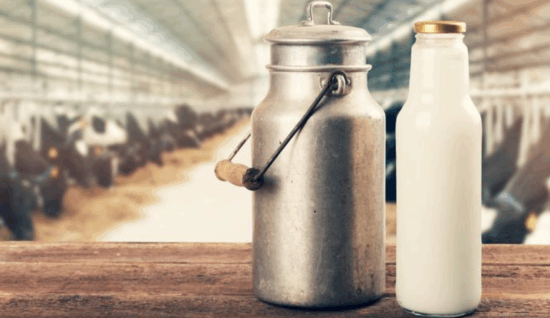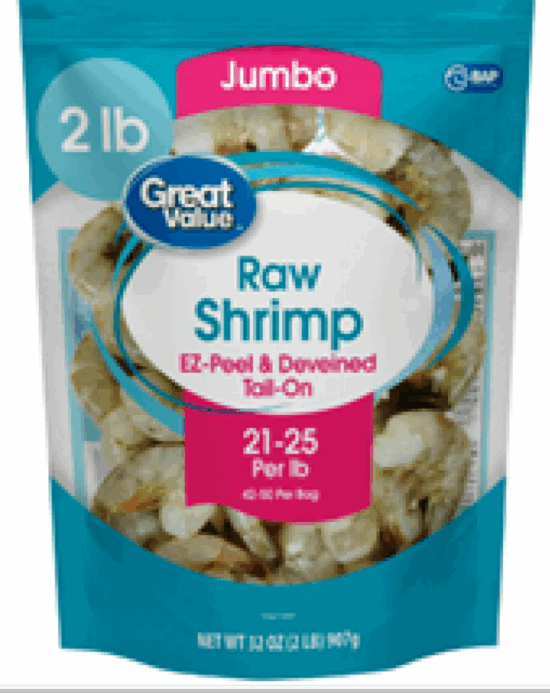The CDC is warning that drinking raw milk can lead to human infections from the bird flu virus.
In a research report released Sept. 8, the Centers for Disease Control and Prevention outlined the risks of H5N1 virus in unpasteurized dairy products. The report said the risk is low, but should be considered, especially for children, older adults and people with immune comprised systems.
In the past two years, human illnesses from the bird flu virus have been reported around the world, including in the United States, with at least one death recorded in the United States.
The majority of the sick people in the United States have worked in the dairy and poultry industries, but there have been illnesses from unexplained sources, with some patients having reported drinking raw milk before becoming ill. In December 2024, Raw Farm in California had to recall raw milk because it was contaminated with the bird flu virus.
In addition to the human illnesses in the United States, there have been numerous cases of dogs and cats, as well as backyard poultry flocks and wild mammals, having been infected with the virus. Some of the cats have died from the virus after drinking raw milk or eating raw food. There have been two raw pet food recalls because the food was found to be contaminated with the bird flu virus.
Although the CDC reported that there haven’t been any confirmed human deaths from the virus definitely tied to consumption of unpasteurized dairy products, the agency says there is an increased risk of infection among those people who consume raw dairy because the pasteurization process kills pathogens such as bacteria and viruses.
The CDC also urged people to cook poultry, eggs, and beef to the appropriate internal temperature to kill bacteria and viruses, including avian flu viruses.
In related developments, an international group of multisector experts in poultry, public health, science, and policy is meeting for the first time this week in Brazil to address the escalating avian flu threat to animal health, human health, and livelihoods, the UN Food and Agriculture Organization said today. The group called the response unprecedented.
Avian flu is now a global challenge, not a sporadic threat, Beth Bechdol, the FAO’s deputy director-general, said in a statement: “No single country or sector can tackle this threat in isolation — and failure is not an option. Practical, science-based collaboration like this is essential to protect our agrifood systems, livelihoods, and public health.”
The FAO said the focus of the three-day meeting is to identify effective prevention and control studies, especially in low-income and backyard-poultry settings, as well as promoting early warning systems, effective vaccination strategies, and biosecurity measures.
(To sign up for a free subscription to Food Safety News, click here)



